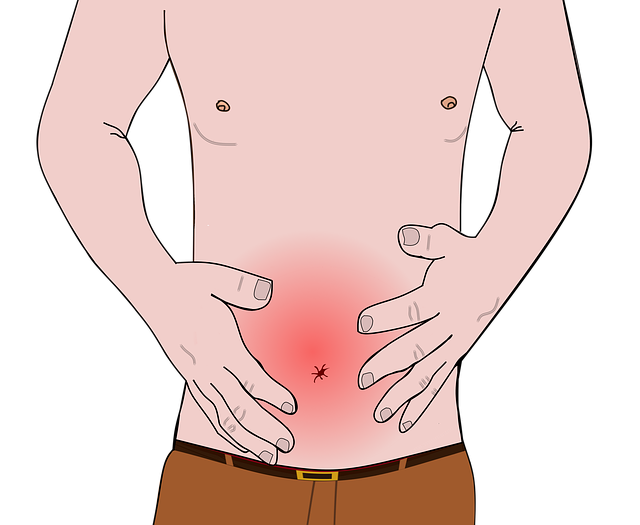
According to The American Journal of Gastroenterology, digestive disorders might be one of the early symptoms for coronavirus, also known as COVID-19. The study done by Chinese researchers examined information from 204 coronavirus patients in the Hubei province, the hotspot of the outbreak.
One observation made from the patients reveal that 99 or 48.5% who were sent to the hospital, has one or more digestion problems, as the main concern. Problems like diarrhea, vomiting or abdominal pain were experienced by victims with a positive coronavirus infection.
Are U.S. hospitals ready to deal with the COVID-19 virus?
“Of these 99 patients, 92 developed respiratory symptoms along with digestive symptoms, and 7 presented with only digestive symptoms in the absence of respiratory symptoms. Among the 105 patients without digestive symptoms, 85 presented only with respiratory symptoms, and 20 neither had respiratory nor digestive symptoms as their chief complaint,” authors of the study wrote, according to Fox News.
All these were the initial observations that the study cited immediately.
Most patients who did report digestive disorders eventually got a more severe form of the coronavirus. So, researchers were observant of this fact when analyzing the evidence gained, from the 99 patients examined in the study.
The study further reveal that 60% of the patients who do not have digestion tract problem got well and left earlier while 34% still in the hospital and getting worse, adding up the digestive concerns.
First coronavirus death in Maryland
According to the researchers, their findings mean that they need to do more research to evaluate “the prevalence, incidence, predictors, and outcomes of digestive symptoms in this still-emerging pandemic.”
The evidence shows that clinicians should note digestive symptoms like diarrhea as a sign that coronavirus is present in the patient's system, before getting full-blown into a serious respiratory problem. Patients who do not have any breathing problems should stil be observed since they are in danger of developing more severe problems. If this data was made available earlier about the COVID-19, people will be getting faster treatment, sooner isolation, and less chance to pass on the infection.
Key facts about the study
1. Many of the patients who had digestive issues, such as diarrhea, vomiting and abdominal pain were the ones who had severe instances of the COVID-19 disease.
2. Half of the patients experience problems with bowel and serious intestinal tract issue, compared to the other half.
3. The stool had traces of the virus in it that can infect other people.
4. Some patients with digestive problems do not have respiratory problems but were tested positive of the virus.
5. Patients without digestive problems waited 2 days longer to get admitted than those having bowel and intestinal problems.
The crux of the study is that digestive disorders are a precursor to developing more severe symptoms of the coronavirus. Once this is detected it should be under watch or the patient might get severe coronavirus disease.
© 2026 HNGN, All rights reserved. Do not reproduce without permission.








